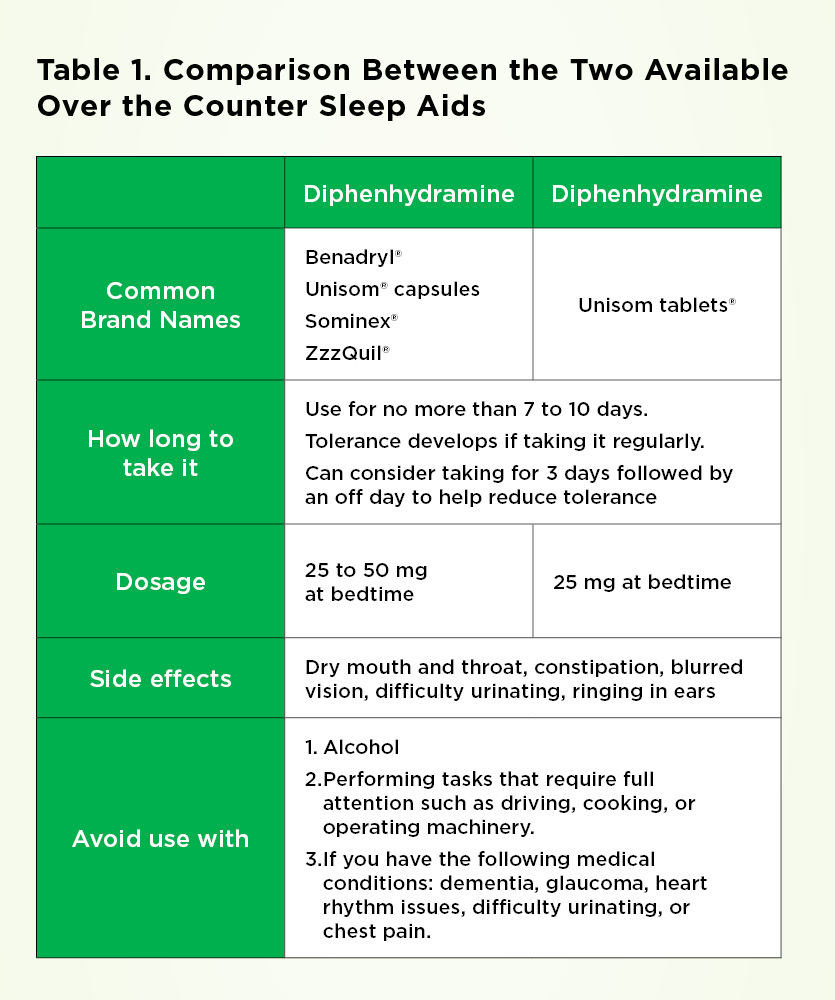
This post was written by Jennifer McCarthy, PharmD, MS, Parkview Health.
How did you sleep last night? Chances are that your answer falls somewhere in the realm of ‘not nearly enough.’ You are not alone. The Centers for Disease Control and Prevention suggests the average adult needs between 7-9 hours of sleep each night, however, when surveyed approximately 35% of adults in the U.S. reported a short sleep duration.
Many adults find themselves caught in the commotion of daily life, often balancing work, family responsibilities and social commitments. Factors such as stress, anxiety and frequent stimulation from technology can disrupt the natural sleep pattern, making it even more difficult to relax and unwind.
Insomnia, categorized as trouble sleeping or staying asleep, is often associated with daytime consequences such as drowsiness, as well as worsening the symptoms of other chronic illnesses. Occasional short-term insomnia, lasting fewer than three weeks, affects 30-50% of the U.S. population. This can be a tricky cycle to break. Below, we’ll review how utilizing over-the-counter sleep aids in addition to improving sleep hygiene can get you back on track for a good night’s rest.
Sleep hygiene
While over-the-counter sleep aids can be useful in the short term, the most effective method to improve your rest is establishing and maintaining your sleep hygiene. Steps for doing so include:
- Establishing a consistent schedule even on the weekends.
- Creating a sleep-conducive environment that is quiet, dark, and at a comfortable temperature.
- Engaging in relaxing activities before bedtime, avoiding electronic devices.
- Exercising regularly but avoiding vigorous activity within 2-4 hours of bedtime.
- Refraining from consuming meals within 2 hours of bedtime, and caffeine, alcohol, or nicotine at least 4-6 hours before bedtime.
- Swapping out a daytime nap, for another relaxing activity such as gentle stretching or practicing deep breathing exercises.
Common over-the-counter sleep aids
Melatonin is a natural hormone that is produced in the body at night and regulates your natural sleep pattern. Production of melatonin is reduced by light. It is commonly used for issues such as jetlag or shift work-related sleep disruptions.
Dosage: 0.3 to 5 mg at bedtime
Side effects:
- Nausea or vomiting
- Headache
- Fast heart rate
- Irritability
- Mild depression
- Worsening of depressive symptoms
- Morning dizziness or confusion
Antihistamines are medications used to treat allergy symptoms by blocking the effects of histamine, which is naturally produced in the body and plays an important role in feeling awake. When this production is reduced, this can make you feel drowsy or sleepy. If using antihistamines, it’s important to read the package label as some products contain different amounts of the drug.

When to see your provider
There are certain circumstances of insomnia where you should not use over-the-counter treatment, and you should contact your doctor first to ensure that the use of these medications is safe and rule out other potential conditions you may have. These include if you are:
- Younger than 12 years old
- Over the age of 65
- Are pregnant or are trying to become pregnant
- Waking up a lot during the night
- Waking up early in the morning without being able to fall back asleep
- Experiencing insomnia that lasts greater than 3 weeks
- Sleep problems secondary to a medical condition
Achieving restorative sleep is essential for overall health and wellbeing. By prioritizing effective sleep hygiene practices and when needed incorporating over-the-counter sleep aids, individuals can proactively improve their sleep quality. Investing in your sleep is investing in your health and vitality and seeking professional guidance ensures that your sleep regimen aligns with your individual needs and circumstances.
If your sleep challenges persist, consider discussing your concerns with your primary care provider to determine if a referral to Sleep Medicine is right for you.




